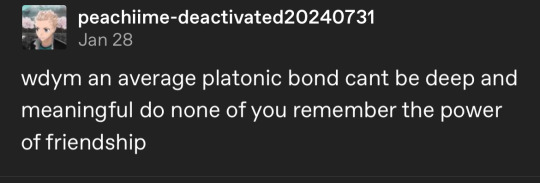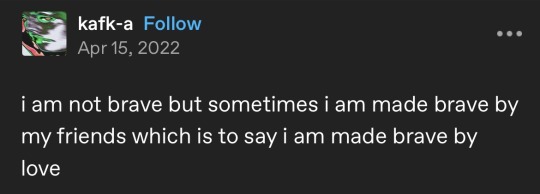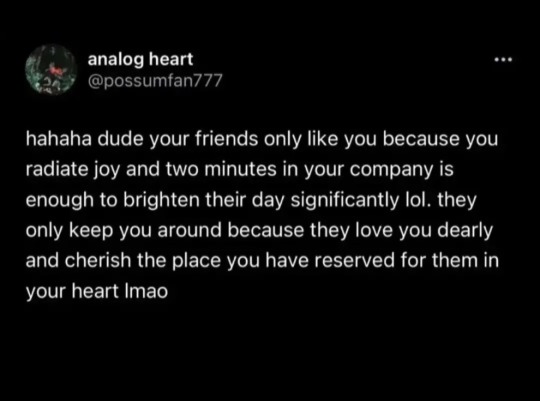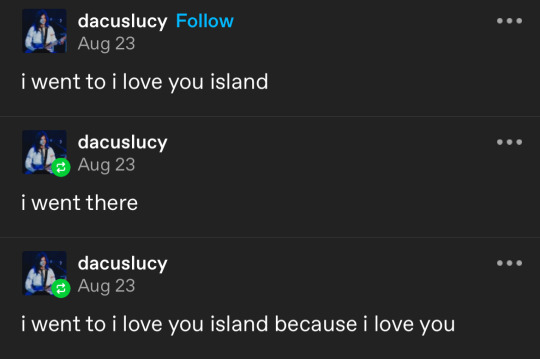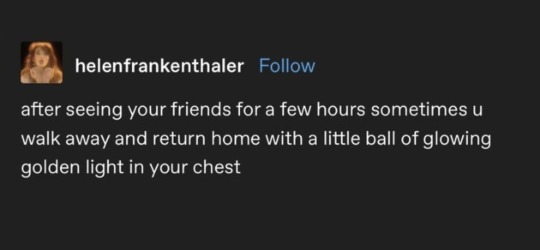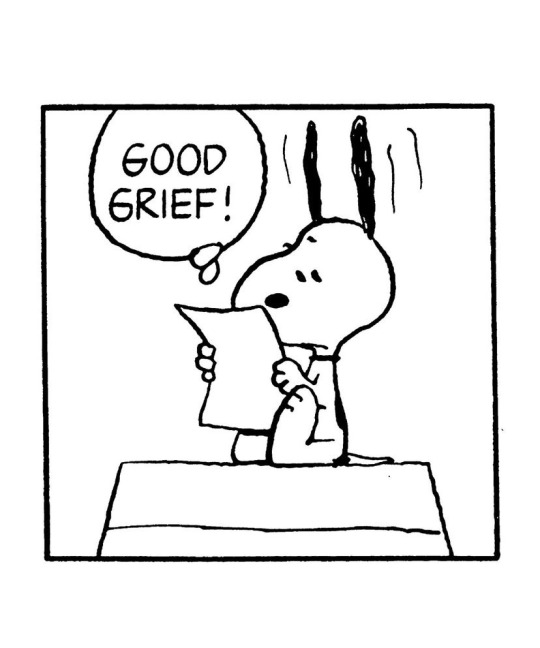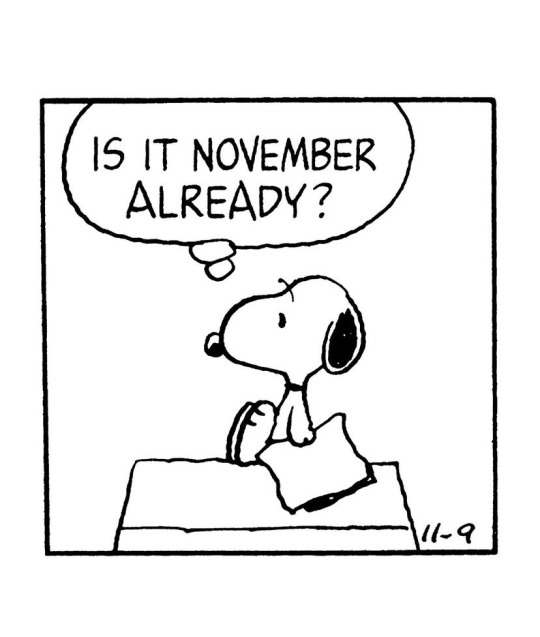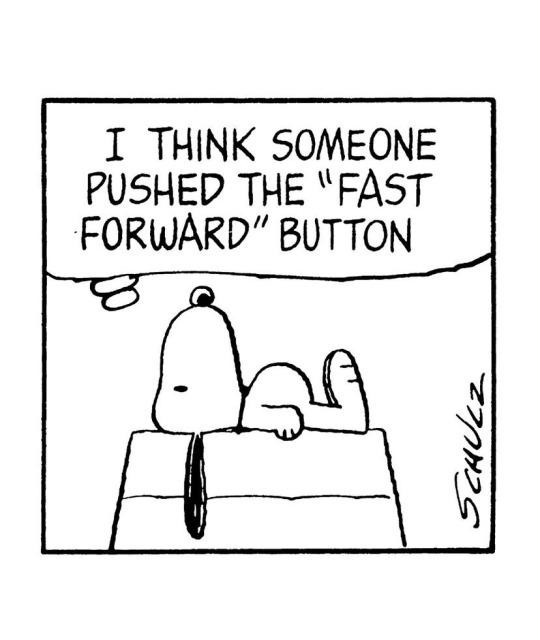Hey! We're the Arrow Team, but you can just call us Conner. I'm a 22 year old Complex-DID system. Just here to share my story and educate. Feel free to DM or ask questions whenever you'd like. I'm always up for a chat.For more about me check out my carrd at arrowteam.carrd.co
Don't wanna be here? Send us removal request.
Text
I forgot to post about this!! It's currently a work in progress so please check it out.
Hey guys in response to all this nonsense one of my close friends, and fellow Jewish system, made a community for Jewish systems. It is endo-neutral because antisemitism isn't unique to just one system origin. There will be anti-endos in the community and there will be pro-endos in the community.
I'm a sideblog which is why I didn't create it myself, so you won't see me posting directly in there until sideblogs are allowed to interact in tumblr communities.
14 notes
·
View notes
Text
So you hate nazis, but tell me, do you care about Jewish people just as much or more than you hate nazis? If not you should ask yourself why your activism is surface level and performative and what you should do to uplift Jewish voices in your community.
44 notes
·
View notes
Text
was watching this video of a person making piplup out of polymer clay when all of a sudden theyre making???? guns????????


87K notes
·
View notes
Text
i think a lot of younger systems would be better off if they took a minute to stop stressing about roles or consciousness labels or headspaces or origins and just treat members of their system like random guys. that one headmate you can't tell the role of? they like hot chocolate with marshmallows and listening to the rain. you too. you need to be a random guy. being a random guy is good for everyone.
3K notes
·
View notes
Text
Stop & look at this happy kitty for a min before you continue your doom scrolling.

2K notes
·
View notes
Text
if you're feeling powerless right now—and god knows I am—here's a reminder you can donate to the National Network of Abortion Funds, the Trans Law Center, Gaza Soup Kitchen, the Palestine Children's Relief Fund, and hundreds of other charities that will work to mitigate the damage that has been and will continue to be inflicted
life continues. we still have the capacity to do good, important work. that matters
81K notes
·
View notes
Text
When you’re mid sentence and suddenly forget literally everything you were talking about
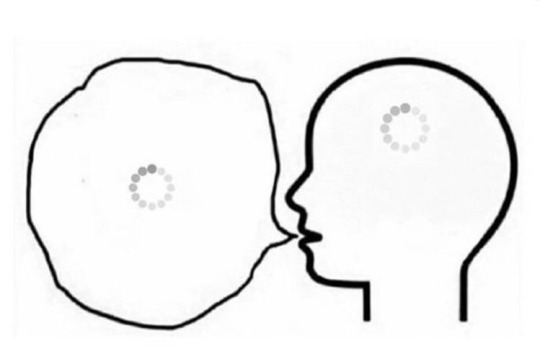
11K notes
·
View notes
Text
i think a lot of younger systems would be better off if they took a minute to stop stressing about roles or consciousness labels or headspaces or origins and just treat members of their system like random guys. that one headmate you can't tell the role of? they like hot chocolate with marshmallows and listening to the rain. you too. you need to be a random guy. being a random guy is good for everyone.
3K notes
·
View notes
Text
"If you really had DID, you wouldn't know!"
Says who?!
The idea that people with dissociative identity disorder (DID) can't be aware of their symptoms until they're diagnosed... This is a huge myth about DID and similar experiences; one that has been debunked again and again by experts. Yet it remains! Here are a few examples of this misconception being spread around online: source.
People with DID can be, and often are, aware of their DID symptoms before ever speaking to a clinician.
Where is the proof? Khan (2024) states that, while it's normal for dissociative people to not realize the full extent of their symptoms, trauma, or alters, they can still become aware of any of these things at any point. Source. Dell (2006) actually considers the awareness of alters before diagnosis to be a "common occurrence in DID" which has been widely documented in studies. Multiple diagnostic screening tools inquire about awareness of alters for this reason. Source.
Additionally, alters can have varying degrees of awareness of each other and their symptoms. To quote Howell (2011) from her book, on pages 3-4: Source.
"Different dissociative parts may or may not have knowledge of the affects, behaviors, histories, motives, and thoughts of other parts. How coconscious patients are also varies—that is, the extent to which they have knowledge of and are privy to the thoughts, history, and affairs of the other parts varies. Often, the part of the self that is in executive control is unaware of the thoughts and activities of other parts (often called one-way amnesia). However, this is a tricky topic to try to make clear. For example, coconsciousness may be minimal before beginning psychotherapy for DID but tends to increase considerably in the course of appropriate psychotherapeutic work. Although parts other than the part who is most often in executive control (often called the “host”) are more likely to know of each other and of the host, this is not always the case and is not always the same for different parts of the same patient. Some parts may be unknown by many of the others. The dissociative structure of each patient is different."
Even in the case someone has no memory of their symptoms, they can be made aware through external evidence such as finding purchases or notes that other alters made, police reports confirming traumatic events, someone pointing out their dissociation, etc.
Now let’s talk about something that I feel goes frequently unrecognized: becoming aware of symptoms is often a positive thing! For many people, recognizing their own symptoms is the first step to seeking help for them. As mental health awareness and access to useful information increases, we will likely see an uptick in people with DID developing more awareness of their symptoms and getting help sooner. That’s incredibly positive!
Finally, a small note about diagnosis... Diagnosis is its own loaded topic for a different day. However, I want to point out that people diagnosed with DID still had the DID before their diagnosis. The symptoms were still there, whether they were aware of it or not.
Furthermore, not everyone with DID can obtain a diagnosis or even wants one. There are a myriad of potential reasons for that and I encourage you to do your own research on it. These articles can be a good starting point: source, source, source.
Thanks for reading!
105 notes
·
View notes
Text
You can be pro-recovery and not be in a place where you've started any recovery.
You can be pro-recovery and do anti-recovery things
You can be pro-recovery and not want to recover yet
DID is a complex disorder and recovery takes time and not everyone is ready for it. You can still be pro-recovery and completely lost when it comes to starting recovery.
Recovery isn't linear. You will get stuck. You will backtrack. You will eventually get there but it will take time.
32 notes
·
View notes
Text
Can minors be diagnosed with DID?
Yes, they can!
There is a lot of confusion and misinfo on the Internet about how old you have to be in order to be diagnosed with dissociative identity disorder (DID). For years, it has been a common myth that minors can't be diagnosed with DID. I’ve also seen some people claim that you have to be at least 20, or even 40! You can see some examples of this misinfo here: source.
In actuality, DID can be diagnosed at any age. While it's more common for someone with DID to be diagnosed as an adult, it's also possible to be diagnosed as a minor.
What is the proof? The DSM-5-TR (one of the most widely used diagnostic manuals) specifies how to identify DID in children/teens versus in adults: source. Furthermore, there are treatment guidelines specifically for treating minors who are diagnosed with DID. You can find those here: source. Here are also a few books on this topic, too: source, source, source. Be warned that these sources are aimed at clinicians and contain sensitive material that can be triggering to read.
For anyone, I recommend reading this article written by Dr. Muller, a trauma psychologist: source. He briefly describes a 4-year old girl diagnosed with DID. There are very short mentions of abuse, nothing graphic. The article focuses more on the differences in diagnosis & treatment between children with DID and adults with DID. It's a good introduction to this topic!
There are several case studies on minors diagnosed with DID. Due to the graphic nature of these studies, I do not recommend them to everyone. Consider all of these to have a Trigger Warning ⚠ for descriptions of trauma, violence/abuse, and neglect as well as its impacts on young children: source, source, source, source, source, source.
Thanks for reading! If you meet anyone who seems confused about what age DID can be diagnosed at, please feel free to link them to this post!
#a lot of these case studies talk about minors as young as 6 I believe#I made a whole post about it on my insta
191 notes
·
View notes
Text
Friendly reminder that the way a system presents online has absolutely no bearing on how they present in the outside world.
For a lot of systems online is the one place they can finally be safe to be themselves and drop the mask they have to hold. And also, being online, you have access to a lot more info about what other alters have been up to by just scrolling through posts made by others in the system.
What may seem like an overt system is actually a very covert system when interacting with people offline
138 notes
·
View notes
Text
I want everyone to know that there are queers in the hollers of Appalachia, in the bayous and marshland of the Deep South, in Southwestern deserts, through the Ozark mountains and up to the Rockies. There are queers in the Great Plains, there are queers in rural America, in trailer parks of the Osage foothills. In the places you least expect us to live, we are here, carving out community and fighting for liberation with pride despite it all. Stop forgetting about us. Stop overlooking our experiences and our impact just because we don’t live in a Big Gay City. And for the love of God, stop looking at us with pity.
84K notes
·
View notes
Text
I LOVE YOU INDIGENOUS SYSTEMS🩷🩷🩷
I WISH YOU A VERY "KEEP LIVING OUR EXISTENCE IS AN ACT OF REBELLION" 🩷🩷🩷
64 notes
·
View notes
